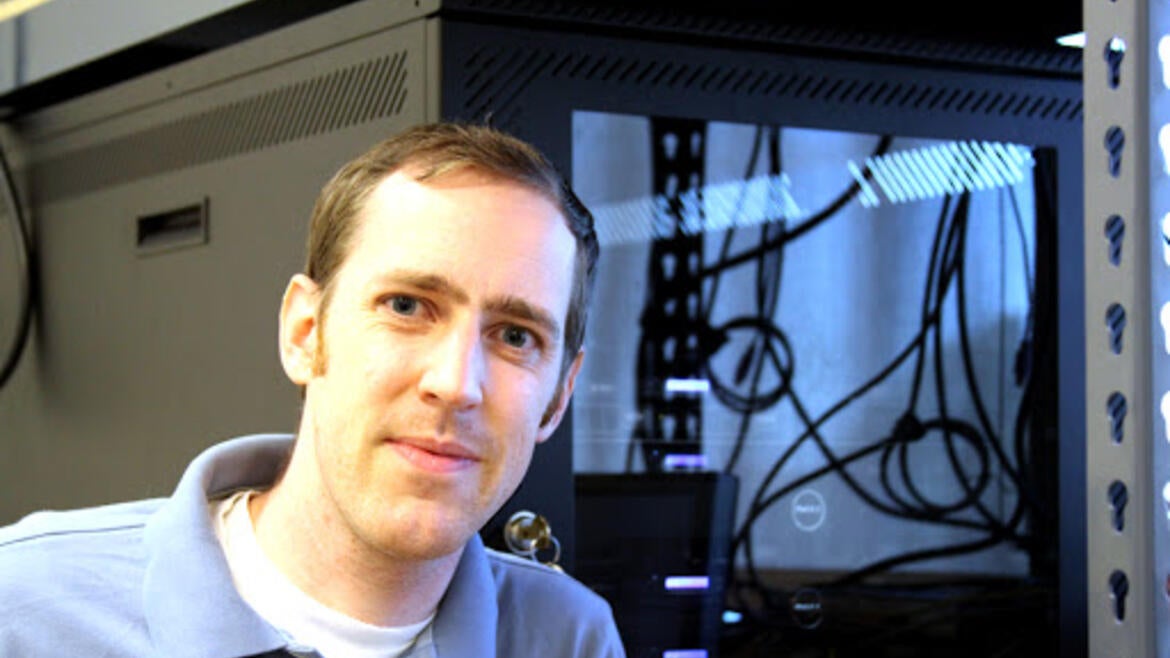Colloquium Speaker: Nathan Lewis, PhD, Dept. of Bioengineering and Pediatrics, UCSD

Title: Coaxing better therapeutic production through mammalian systems and synthetic biology
Abstract: Over the past years, there has surge in complex therapeutics, including recombinant protein, gene, and cell therapies. However, the manufacturing of these therapeutics necessitates the engineering of complex traits into mammalian cells. In particular, the production of these require substantial resources from cell metabolism and the secretory pathway for drug production or cell type specification and differentiation. Through the use of network reconstruction approaches and protein interaction assays, we are mapping out the mammalian metabolic and secretory pathways, and using these to engineer improved therapeutic production in mammalian cells. I will describe some of these efforts wherein we have deployed graph-based and machine learning approaches to identify key determinants of protein secretion in Chinese hamster ovary (CHO) cells. We have further deployed constraint-based modeling to quantify the bioenergetic demands for the synthesis and secretion of these proteins. Finally, we deployed these models to engineer CHO cells for enhanced secretion of high-value biologic drugs. Thus, through the use of systems and synthetic biology techniques, we are now more able to study and engineer the mammalian secretory pathway and metabolism for systems biotechnology.
Bio: Dr. Lewis is an Associate Professor of Pediatrics and Bioengineering at the University of California, San Diego. He received his training in biochemistry at Brigham Young University, bioengineering at UC San Diego, and genome editing at the Wyss Institute at Harvard Medical School, where he focused on omics and big data analysis using systems biology modeling techniques. Dr. Lewis' lab now focuses on the use of systems biology techniques to study pediatric disorders and to engineer better therapeutics for complex diseases. In particular, he has led efforts to develop systems biology models of mammalian metabolism and the secretory pathway. His group is utilizing these resources to study protein synthesis and secretion in mammalian cells to engineer desired traits into recombinant protein producing cells.